Industrial hemp in Germany: A new approach for greater freedom and clarity
The new draft law presented by the German Bundestag aims to significantly simplify the cultivation and use of industrial hemp. It is intended to remove legal barriers and strengthen the industrial hemp industry in Germany. Continue reading to learn more about the ideas it contains.

The German Bundestag has presented a new draft law that aims to significantly simplify the cultivation and use of industrial hemp. The aim is to lower legal barriers and strengthen the industrial hemp sector in Germany – both for farmers and for companies that work with industrial hemp products. But what exactly is behind the so-called industrial hemp liberalisation?

Why a new law?
Until now, the cultivation of industrial hemp in Germany has been associated with many uncertainties. Although industrial hemp offers many ecological advantages as a sustainable plant – it requires hardly any fertiliser, does not need pesticides and improves the soil – its cultivation has remained a niche activity. Many farmers shied away from the bureaucracy and risk because it was often legally unclear what was permitted and what was not.
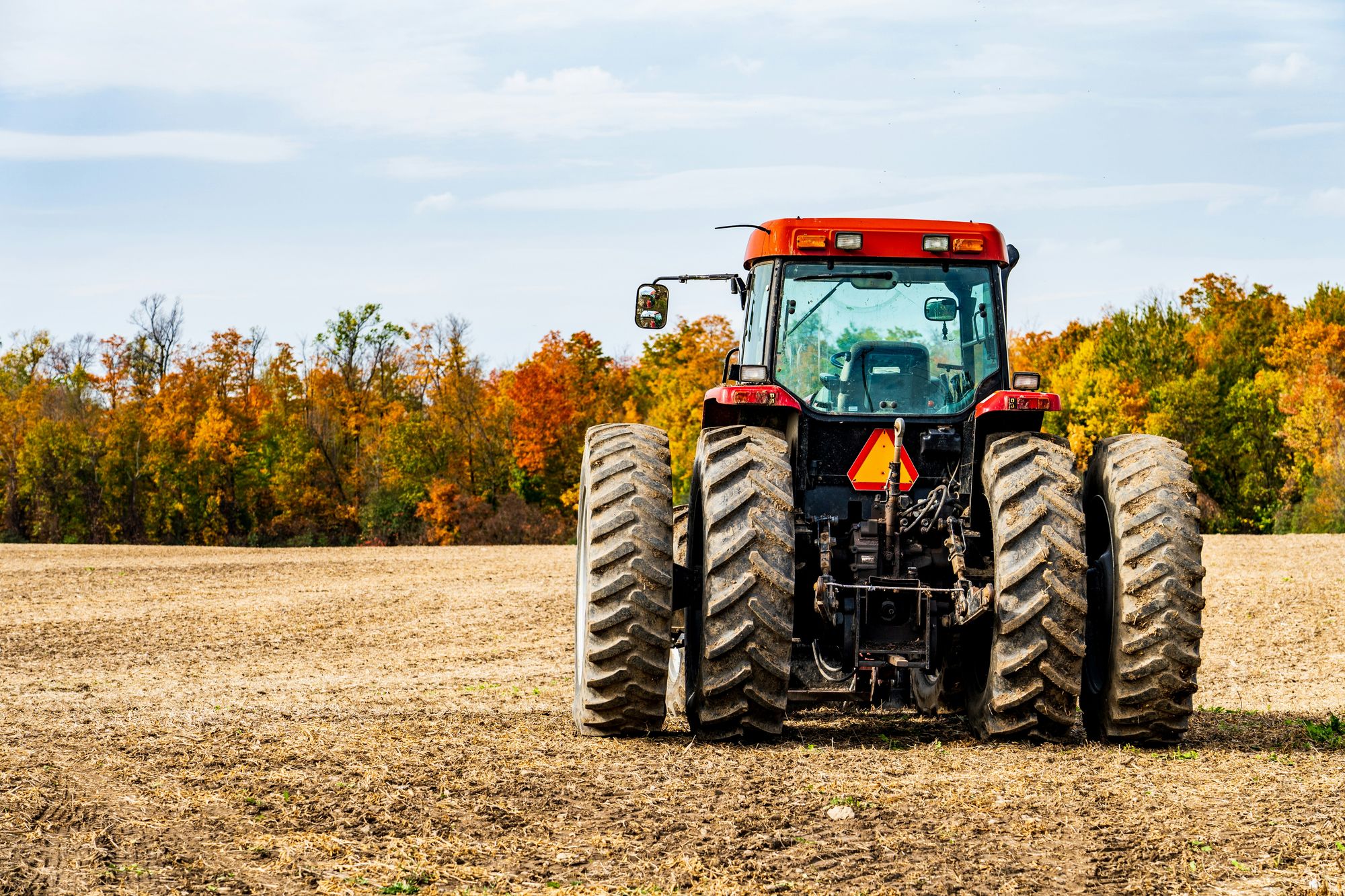
With the new draft law on the liberalisation of industrial hemp cultivation, the German government finally wants to end the legal uncertainty that has been holding back farmers, businesses and researchers for years. The aim is to decriminalise cultivation, simplify it and bring it more into line with European standards.

What changes are mentioned?
The draft provides for numerous changes that are intended to decriminalise and reduce the bureaucracy surrounding industrial hemp cultivation in Germany in the long term.
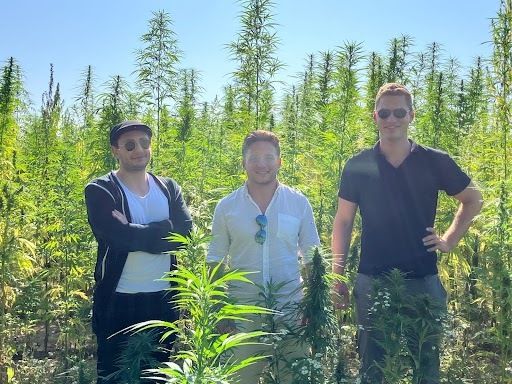
One of the main problems was the so-called ‘abuse clause’ (Missbrauchsklausel) in the Narcotics Act (Section 24 (1) No. 1 BtMG). It stipulated that industrial hemp could only be traded or processed if ‘abuse for intoxicating purposes’ was ruled out. For years, this wording pushed farmers into a legal grey area and, in practice, led to even harmless products such as hemp tea or CBD flowers being criminalised – even though they have no intoxicating effect.
This is now set to become a thing of the past with the removal of the abuse clause. Products such as hemp tea, CBD oils and CBD flowers may be traded in future without fear of criminal consequences – as long as they remain below the legal THC limits.

In principle, the THC limit of 0.3% will be retained, but the regulation is to be made more practical. The legislator wants to avoid farmers being criminalised for minimal, weather-related fluctuations in THC concentration. In future, the focus will be more on the actual use of the plant – meaning whether the plants are processed into food, building materials or textiles – and not on theoretical abuse scenarios.
Another key point concerns the uses of the plant. Until now, only the seeds and fibres of industrial hemp could be used commercially. In future, all parts of the plant – including the leaves and flowers – will be explicitly permitted for use, as long as they are not used to produce intoxicating effects. This will finally make many products that were previously legally uncertain possible, such as teas, extracts, cosmetics and food supplements based on industrial hemp.

Furthermore, indoor cultivation of industrial hemp will also be permitted, provided it serves a clear agricultural or research-related purpose, such as seed propagation, breeding or product development.
This opens up new scope for innovation, especially for start-ups and research institutions working on modern applications for hemp. But it is also an important change for the controlled production of CBD-containing plants. In addition, smaller businesses will also be able to enter the hemp market without having to rely on large areas of land.

Why is this important?
The reform aims to decriminalise cannabis cultivation, thereby removing it from the scope of narcotics legislation and returning it to the realm of agriculture.
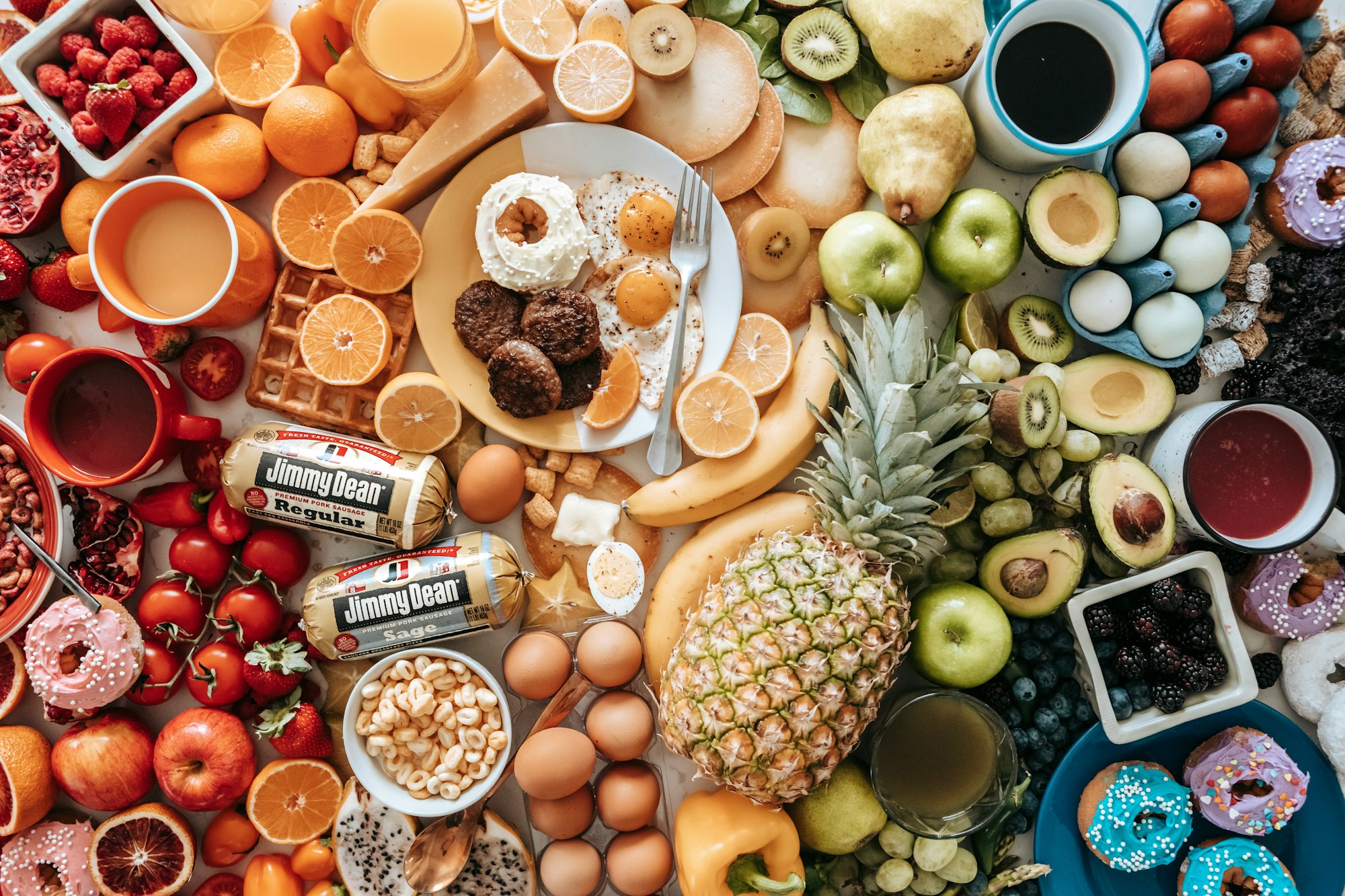
The current reporting requirements to the Federal Office for Agriculture and Food (Bundesanstalt für Landwirtschaft und Ernährung - BLE) are to be simplified and digitalised. Farmers will have less paperwork to deal with in future, saving time, money and stress. This will finally make the cultivation of industrial hemp in Germany more attractive and competitive again. The changes also create legal certainty and promote the sustainable development of the hemp sector.
The legislator emphasises that industrial hemp is neither intoxicating nor dangerous, but rather versatile – from textiles to insulation materials to food – and an important building block for more environmentally friendly agriculture. Hemp stores CO₂, protects soils, improves biodiversity and can replace fossil raw materials in many areas.
This clear distinction from intoxicating cannabis is also crucial in order to avoid misunderstandings and finally free industrial hemp farmers from unnecessary stigma.

The new legislation will make Germany more competitive in this future market while also supporting climate targets. From an economic perspective, the reform not only strengthens domestic agriculture, but also adds value in rural regions. It promotes sustainable raw material cycles and offers an opportunity to re-establish hemp as an integral part of a green economy.
Especially in times when ecological alternatives to fossil raw materials are in demand, hemp can play a key role – whether in food production, textiles or the construction industry.
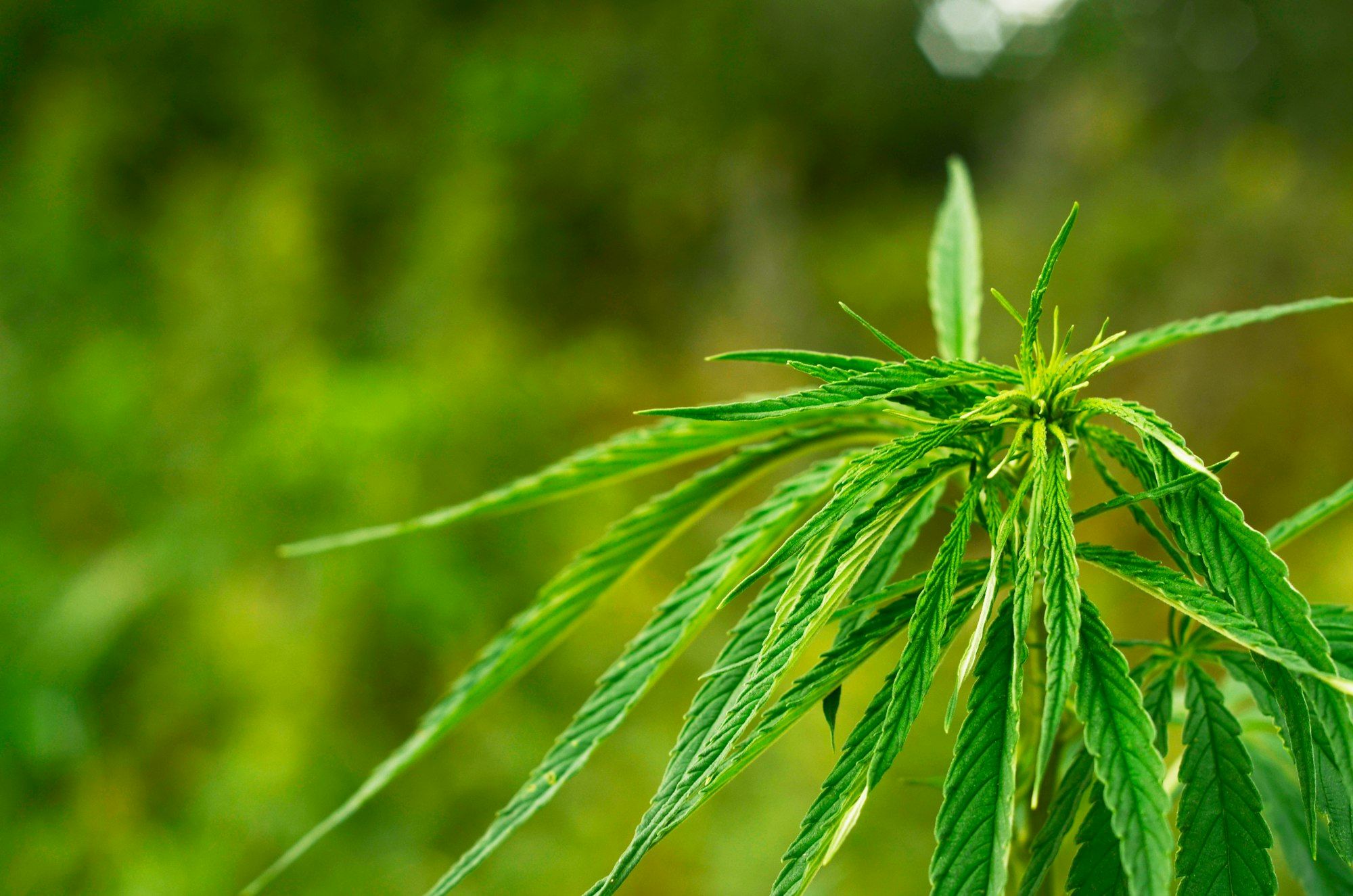
The draft therefore pursues several objectives: it aims to promote agriculture and innovation, remove legal barriers, strengthen sustainable value chains and support research. Industrial hemp is finally being treated for what it is – an ecologically valuable, versatile raw material with enormous potential for nutrition, industry and climate protection.
The planned changes in Germany are also in line with European law. Comparable regulations already exist in countries such as France, Italy and Czechia. Germany is now following suit in order to avoid competitive disadvantages for domestic producers and to better position itself in the European hemp industry.

Conclusion
For consumers, it remains clear that this law does not affect the recreational use of cannabis, but only industrial hemp – that is hemp that has no intoxicating effect. Products such as hemp seeds, hemp oil and CBD cosmetics will thus become safer and more readily available.
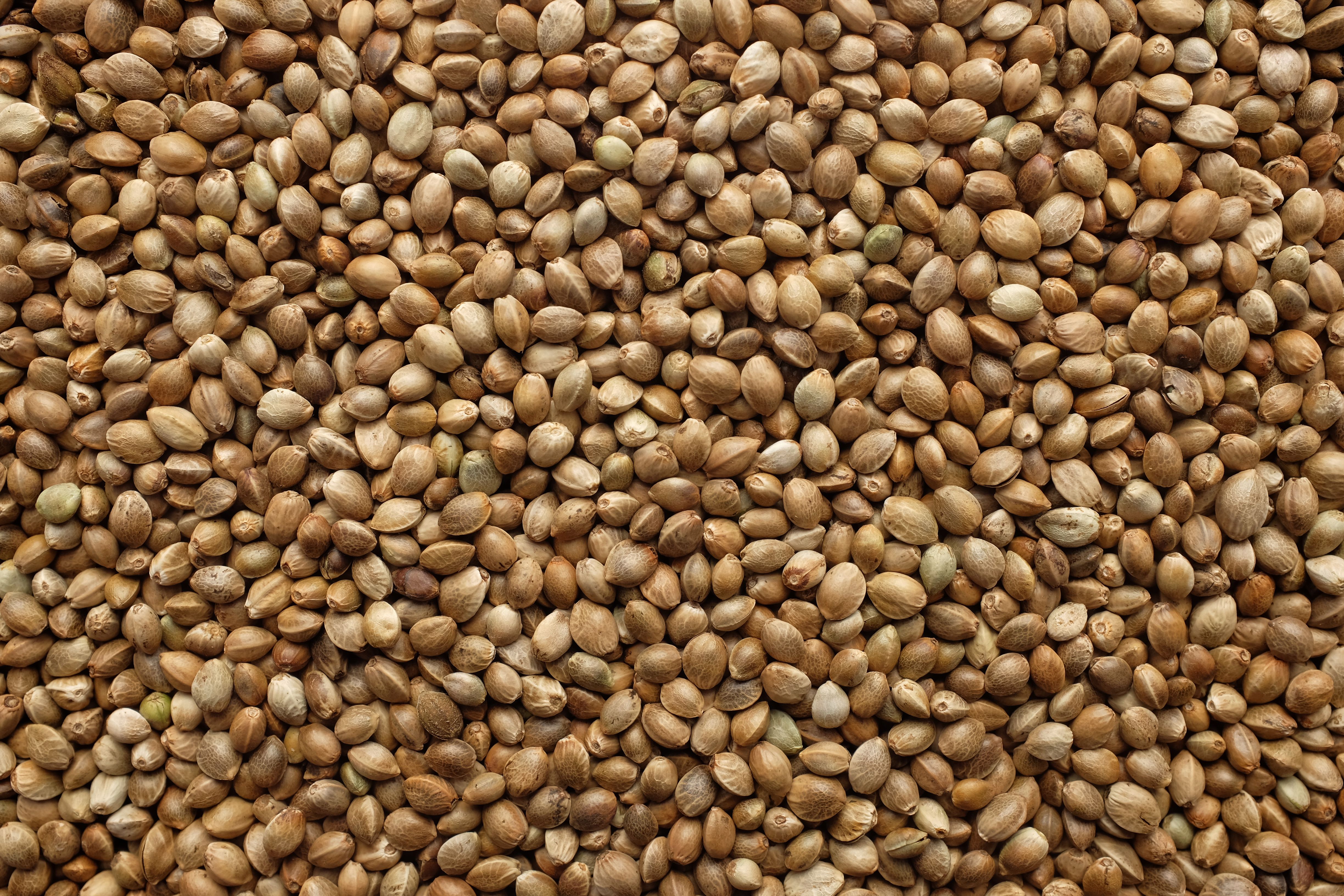
Overall, the planned industrial hemp reform represents a new, pragmatic attitude towards the hemp plant: less fear, more trust – and a clear commitment to sustainable agriculture and innovation.
If the law is implemented as planned, it would be an important step towards greater clarity, sustainability and innovation in the German hemp industry: finally, legal certainty for farmers, new opportunities for businesses and a strong signal for the future of industrial hemp in Germany.


